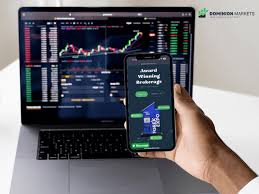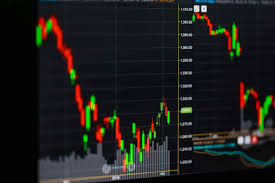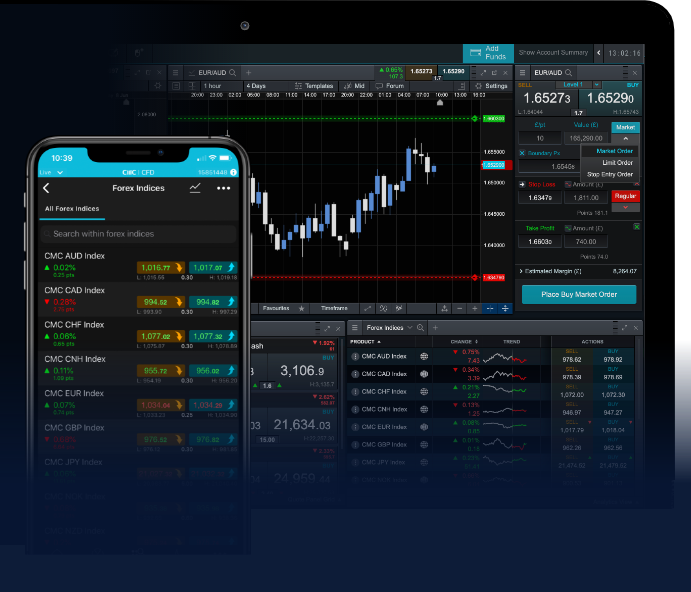
How to Start Forex Trading: A Comprehensive Guide
Forex trading has gained immense popularity over the years, attracting both novice and experienced traders from around the globe. If you’re considering diving into the world of forex, it’s essential to understand the fundamentals before you begin. This guide will cover everything you need to know about how to start forex trading, including key concepts, strategies, and valuable resources such as how to start forex trading Forex Brokers in Argentina to help you on your journey.
What is Forex Trading?
Forex trading, also known as foreign exchange trading, involves buying and selling currencies in the global market. The goal is to profit from the fluctuations in currency exchange rates. The forex market operates 24 hours a day and is the most liquid financial market in the world, with an average daily trading volume exceeding $6 trillion.
Understanding Currency Pairs
In forex trading, currencies are traded in pairs, such as EUR/USD or GBP/JPY. The first currency in the pair is the base currency, while the second is the quote currency. The exchange rate indicates how much of the quote currency is needed to purchase one unit of the base currency. Understanding how to read currency pairs is crucial for executing trades effectively.
Choosing a Reliable Forex Broker
Selecting the right forex broker is perhaps one of the most critical steps in your trading journey. Look for brokers that offer competitive spreads, leverage options, and an intuitive trading platform. Ensure that the broker is regulated by a reputable authority to protect your funds. You can explore various options by researching Forex Brokers in Argentina and comparing their features.
Creating a Trading Plan

A successful forex trader relies on a well-thought-out trading plan. Your plan should outline your trading goals, risk tolerance, and strategies. It should also include guidelines for when to enter and exit trades and how much capital to allocate for each trade. A solid trading plan helps maintain discipline and reduce emotional trading.
Developing Trading Strategies
There are various strategies that traders use to analyze the forex market and make trading decisions. Some popular strategies include:
- Technical Analysis: This involves using price charts and indicators to identify trends and potential entry and exit points.
- Fundamental Analysis: Traders who use this approach analyze economic indicators, news, and events that can impact currency values.
- Scalping: This short-term trading strategy involves making quick trades for small profit gains.
- Day Trading: Involves opening and closing trades within the same day to take advantage of intraday price movements.
Practicing with a Demo Account
Before risking real money, it’s essential to practice trading on a demo account. Most brokers offer this feature, allowing you to trade with virtual currency. This practice helps you become familiar with the trading platform, test your strategies, and build confidence without the pressure of financial loss.
Understanding Risk Management
Risk management is a cornerstone of successful forex trading. It involves setting parameters to limit potential losses and protect your capital. Key risk management techniques include:
- Setting stop-loss orders: Automatically close a trade at a predetermined price to limit losses.
- Using proper position sizing: Determining the amount of capital to allocate for each trade based on your overall account size.
- Implementing a risk-reward ratio: Striving to achieve higher reward potential compared to the risk taken in a trade.
Staying Informed

The forex market is influenced by various factors, including economic data releases, geopolitical events, and market sentiment. Staying informed about these factors will help you make better trading decisions. Follow financial news, economic calendars, and market analysis from reputable sources.
Emotional Discipline and Psychology
Forex trading can be emotionally taxing, especially when facing losses or unpredictable market movements. Maintaining emotional discipline is essential for long-term success. Establish rules for yourself, take breaks when needed, and avoid revenge trading after a loss. Focus on consistent, rational decision-making rather than impulsive reactions to short-term market fluctuations.
Continuously Learn and Adapt
The forex market is constantly evolving, and successful traders commit to lifelong learning. Read books, take online courses, and participate in webinars to enhance your knowledge and skills. Analyze your trades regularly to identify areas of improvement and refine your trading strategies accordingly.
Conclusion
Starting your journey in forex trading can be both exciting and overwhelming. By understanding the basics, choosing a reliable broker, developing a trading plan, and continuously learning, you can increase your chances of success. Remember to practice risk management and maintain emotional discipline for sustainable trading. With dedication and the right approach, you can navigate the forex market confidently and effectively.

Nejnovější komentáře